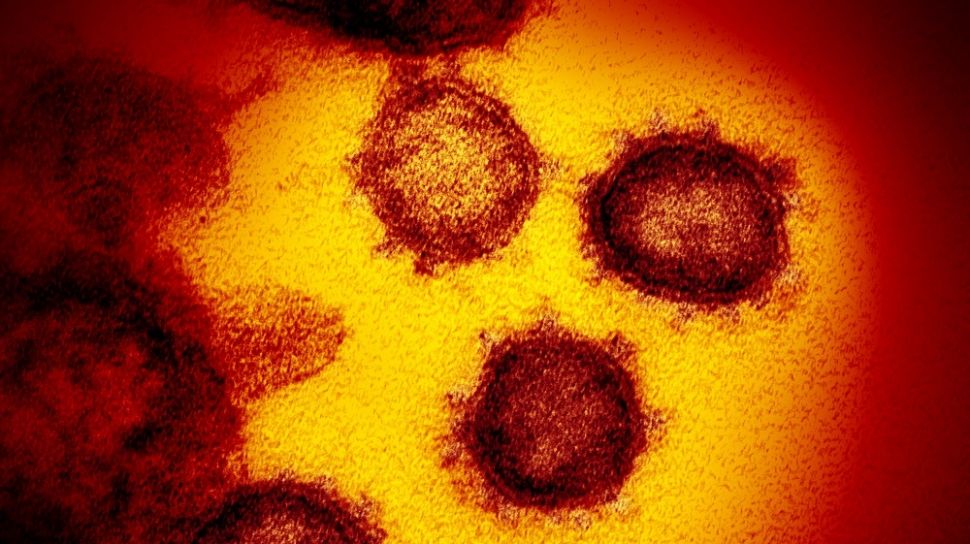Suara.com – A group of researchers from Duke University and the University of North Carolina at Chapel Hill have identified and tested antibody which can limit the severity of infection from various corona virus, including SARS-CoV-2.
The antibody was identified by a team at the Duke Human Vaccine Institute (DHVI) and tested in animal models at UNC-Chapel Hill. The findings were published in the journal Science Translational Medicine on Tuesday (2/11/2021).
According to senior author and Director of DHVI, Barton Haynes, MD, these antibodies have the potential to be therapeutic for the current pandemic.
“This could also be available for future outbreaks, if or when other types of coronavirus ‘jump’ from their natural animal hosts to humans,” Haynes said. Medical Xpress.
Also Read:
CDC: Natural Antibody for Corona Virus Covid-19 is Weaker than Vaccination
Finding These antibodies are the result of blood analysis from a survivor of SARS-CoV infection, the coronavirus that causes SARS (a respiratory infection in the 2000s), and also survivors of SARS-CoV-2 infection, the cause Covid-19.
Researchers identified more than 1,700 antibodies that target parts of the coronavirus that remain unchanged even after mutating. Researchers are focusing on this antibody, because it has the potential to be highly effective across multiple viral lineages.
Of the more than 1,700 antibodies, the researchers found 50 antibodies that have the ability to bind to both the SARS-CoV and SARS-CoV-2 viruses. In fact, one of these cross-linking antibodies is very strong, capable of binding to many types of coronaviruses, including in animals.
“As a result, it can neutralize various coronaviruses,” Haynes said.
Then, the research team from UNC tested the antibody in mice to determine whether it was effective at containing infection, or minimizing infection.
Also Read:
Study: Natural Antibodies from Corona Covid-19 Virus Infection Can Last 10 Months
Researchers found the antibody can do both. When given before the animals were infected, the antibodies could protect mice from SARS, Covid-19 and other coronavirus variants, such as Delta.
“These findings provide a template for the rational design of a universal vaccine strategy that is variant-resistant and provides broad protection from the coronavirus,” said lead author Ralph S. Baric of UNC.
Meanwhile, antibodies can reduce severe symptoms when antibodies are given after the mice are infected.
“In fact, the therapeutic activity after mice were infected suggests that this could be a treatment used in the current pandemic,” explains researcher David Martinez, Ph.D., from UNC.
According to him, these antibodies can be used to prevent possible SARS-CoV-3 or SARS-CoV-4.
– .


